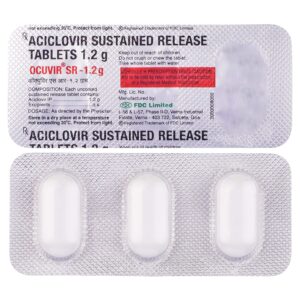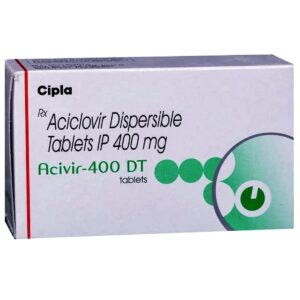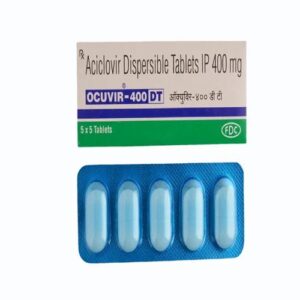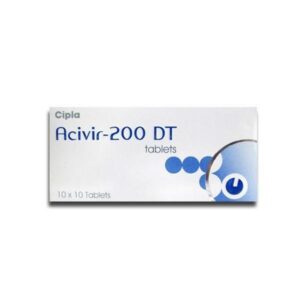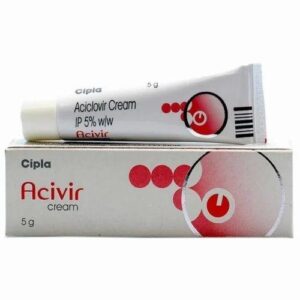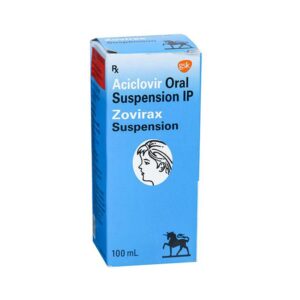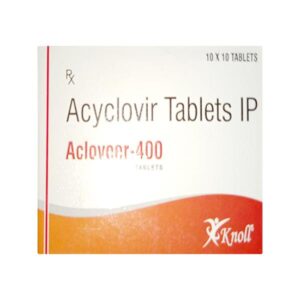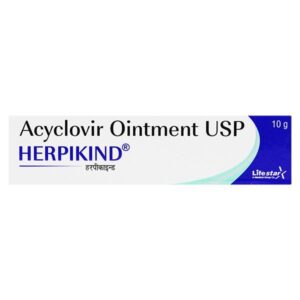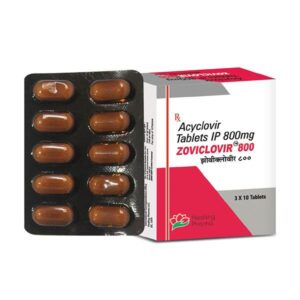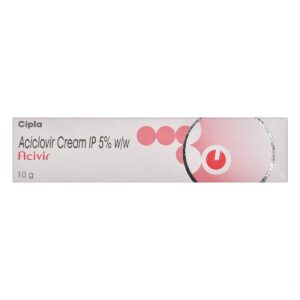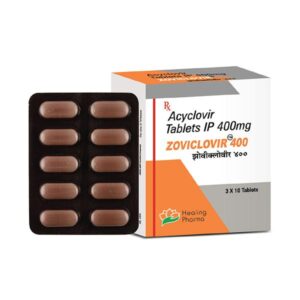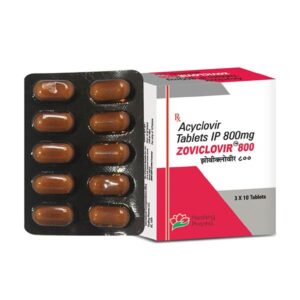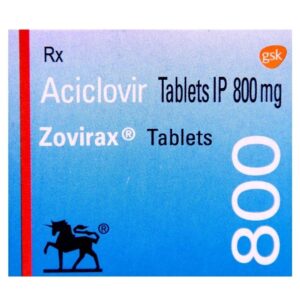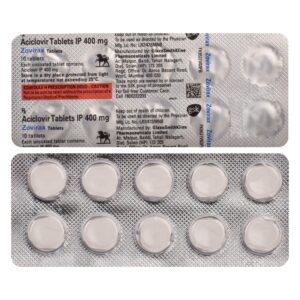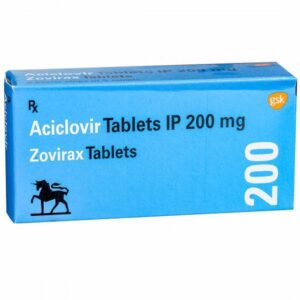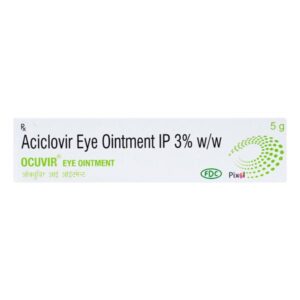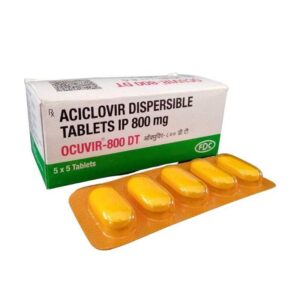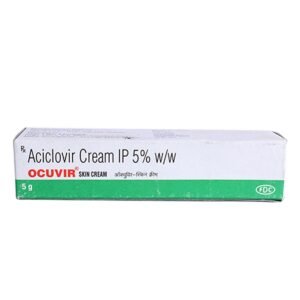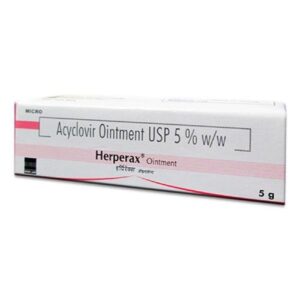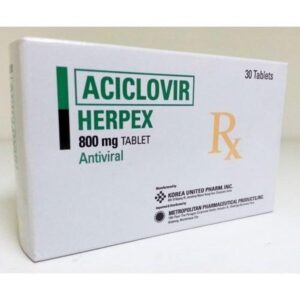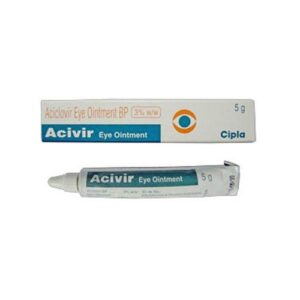ACYCLOVIR
ACYCLOVIR: Drug: Acyclovir
Use: Acyclovir is an antiviral medication used to treat infections caused by the herpes simplex virus (HSV), including genital herpes, cold sores, and shingles. It can also be used to prevent outbreaks of genital herpes in people with a healthy immune system. Acyclovir is not a cure for herpes, but it can help reduce the severity and duration of outbreaks.
Mechanism of Action: Acyclovir works by inhibiting the replication of the herpes virus. It does this by blocking the action of an enzyme called DNA polymerase, which is essential for the virus to replicate and spread. By suppressing the replication of the virus, acyclovir helps to alleviate symptoms and reduce the risk of transmission.
Dose: The dosage of acyclovir can vary depending on the specific infection being treated and the patient’s age and health status. It is available in various forms including oral tablets, capsules, suspensions, topical creams, and intravenous (IV) formulations. For the treatment of genital herpes, the typical oral dose for adults is 200 mg five times daily for 5 days. For shingles, the oral dose is usually 800 mg five times daily for 7-10 days. For the prevention of recurrent genital herpes, the typical oral dose is 400 mg twice daily.
Side Effects: The common side effects of acyclovir include nausea, vomiting, diarrhea, stomach pain, headache, dizziness, tiredness, and skin rash. These side effects are usually mild and go away on their own. In rare cases, acyclovir can cause more serious side effects such as allergic reactions, changes in kidney function, and neurological effects like confusion or hallucinations.
It’s important to note that acyclovir may interact with other medications, so it is crucial to inform your healthcare provider about all the medications you are taking. Additionally, the dose and duration of treatment should be determined by a healthcare professional based on your specific condition.

